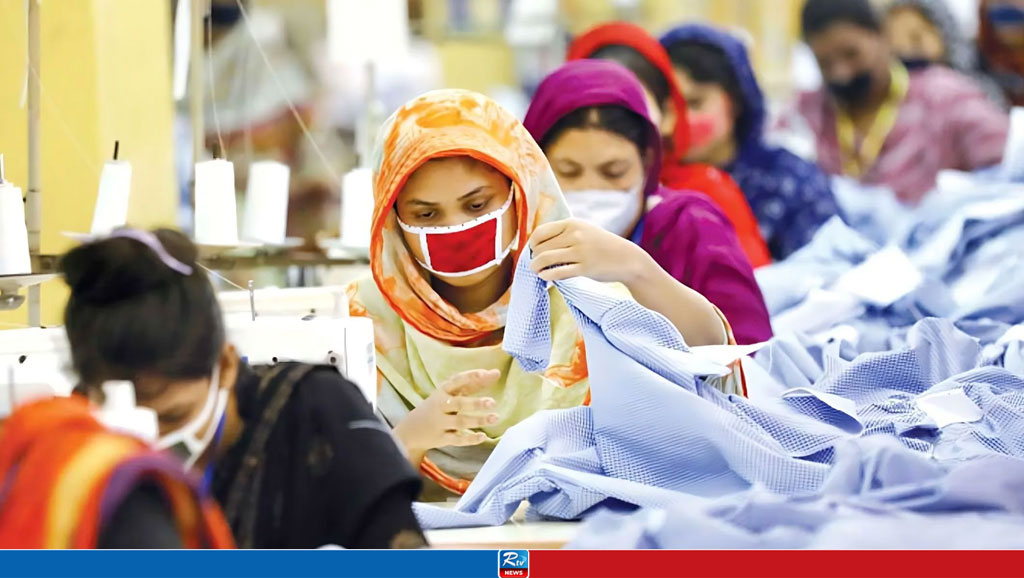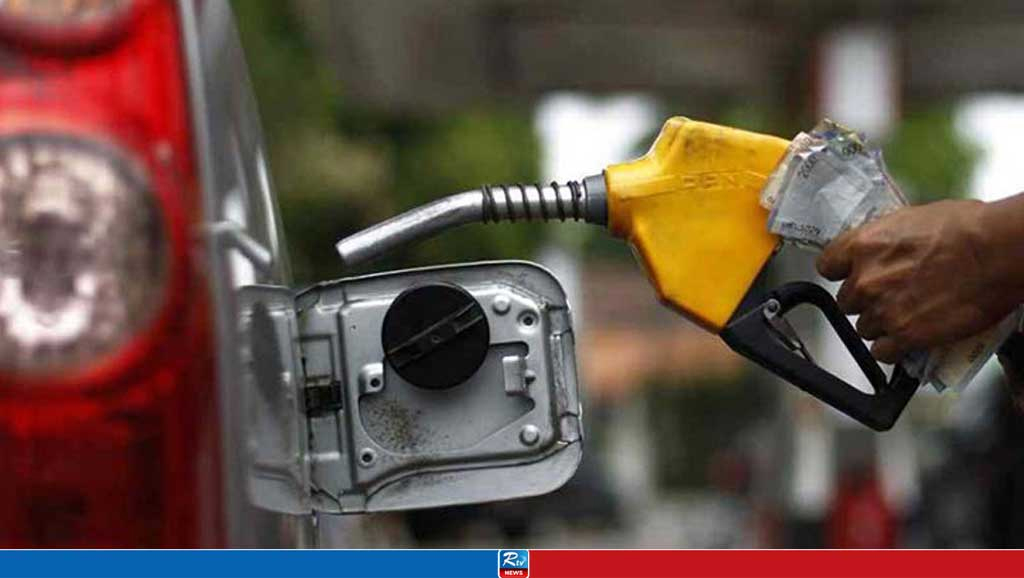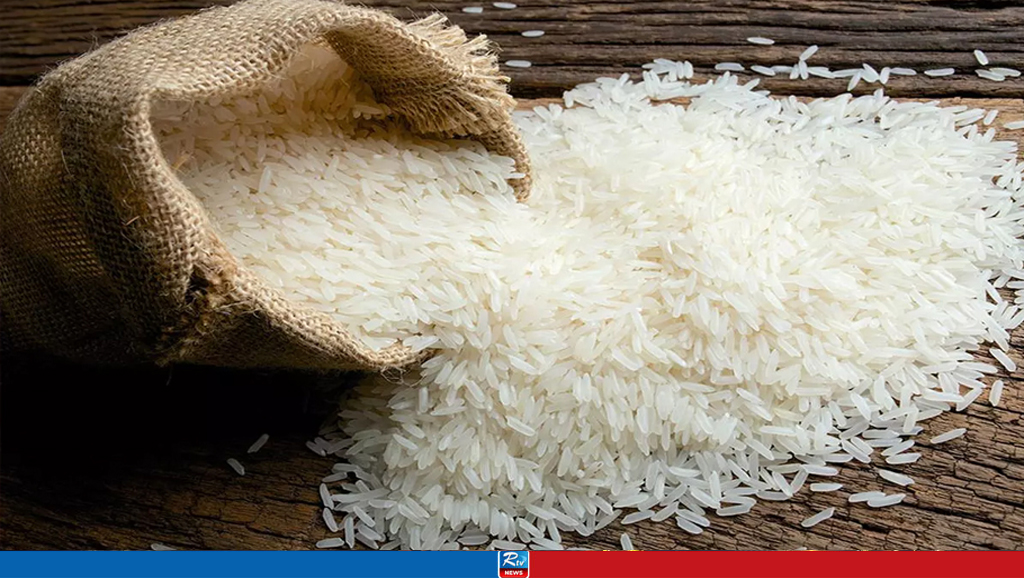Bangladesh and Australia have reaffirmed their commitment to strengthening bilateral ties during the Fifth Senior Officials’ Talks, held on 26 November at Australia’s Department of Foreign Affairs and Trade (DFAT) in Canberra. The discussions, led by Additional Foreign Secretary (Bilateral-East & West) Md. Nazrul Islam of Bangladesh and Sarah Storey, First Assistant Secretary, South and Central Asia Division at DFAT, covered a broad spectrum of issues, aiming to deepen cooperation in diverse areas.
The dialogue, conducted in a warm and constructive atmosphere, highlighted collaboration in development, regional security, civil maritime cooperation, and multilateral forums. High-level representatives from both countries participated, underscoring the importance of these discussions.
Bangladesh acknowledged Australia's longstanding support since its independence and sought further technical and expert assistance in agriculture, education, energy, the blue economy, and ICT. The Bangladeshi delegation also urged Australia to advocate for stronger international efforts to resolve the Rohingya crisis by applying collective political pressure on Myanmar.
The Australian delegation reiterated its support for Bangladesh’s interim government and sought enhanced cooperation to combat irregular migration, people smuggling, and transnational organized crime. Commending Bangladesh’s remarkable socio-economic progress, Australia expressed its interest in closer collaboration on shared priorities.
Climate Change and Regional Security Take Center Stage
Climate change featured prominently during the discussions. Australia acknowledged Bangladesh's vulnerability to climate impacts and pledged sustained support for its adaptation and resilience-building efforts.
Regional and global issues, including the Indo-Pacific outlook, counter-terrorism, and multilateral cooperation, were key points of focus. Both nations committed to working together to promote peace, security, and prosperity in the region.
Commitment to Future Engagements
Both sides expressed satisfaction with the progress of bilateral relations and identified new opportunities for collaboration. They emphasized the importance of regular high-level visits and exchanges to further strengthen the partnership.
The next round of Senior Officials’ Talks will be hosted by Bangladesh in Dhaka in 2025, marking another step forward in fostering deeper ties between the two nations.
- Dhaka Wed, 29 JANUARY 2025,

 Live Tv
Live Tv













